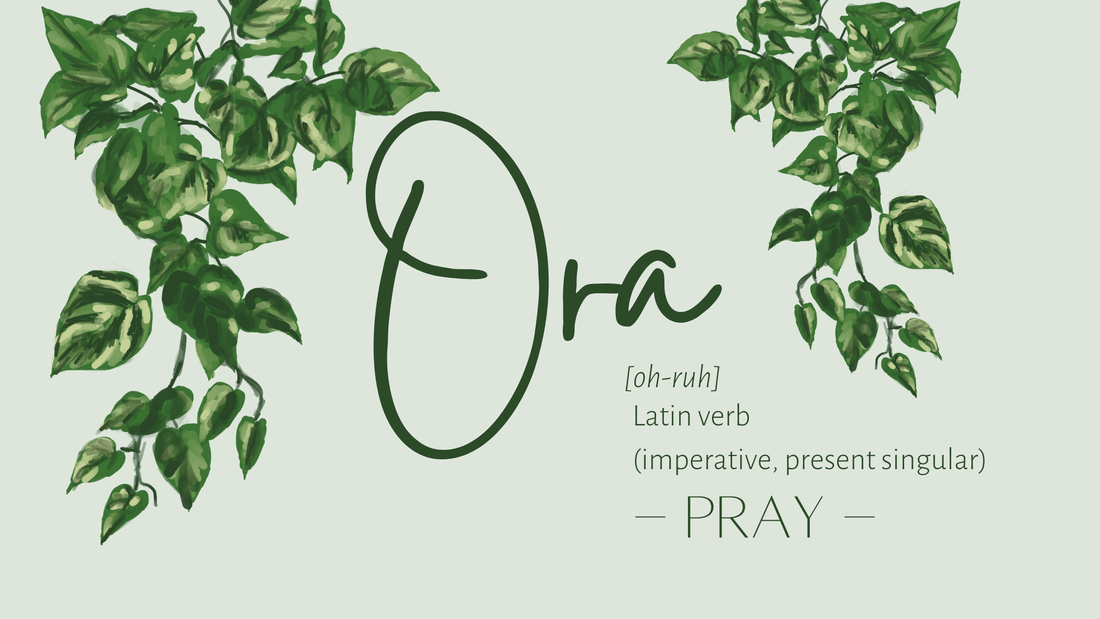Psalm 19 I find myself at a loss when it comes to writing about the Psalms. They say so much in so many different ways. Though these verses are only a fraction of Psalm 19, they connect beautifully to the readings for this mass. The psalmist offers us such a humble, pure and simple message—thus creating a prayer/hymn for the ages. The psalmist speaks of the desire to follow God's law and of the desire to find joy and fulfillment in the Truth of Laws and Precepts of the Lord. But he recognizes the frailty of human nature and knows that one will need help from the Creator to remain faithful to the Law, and he asks for such assistance. As an aside, I pray that the psalmist sings this psalm in the Courts of the Lord, knowing that its prayer and message is as relevant today (in the New Testament), as it was when our Divine Messiah first sang it aloud. 7 The law of the Lord is perfect, reviving the soul; the decrees of the Lord are sure, making wise the simple; 9 the fear of the Lord is pure, enduring forever; the ordinances of the Lord are true and righteous altogether. The liturgist who chose these lines from the psalm chose well. In the first reading for September 30th, Moses gently chides Joshua for questioning the ability of 'lesser men' to be fit to prophesy; to be filled with the Spirit of God and to speak His Precepts. In his humility, Moses states, "Would that all the Lord's people were Prophets and that the Lord would put His Spirit upon them". Ages on, the psalmist echoes the thoughts of Moses: "The Law of the Lord is perfect, it revives the soul. The rule of the Lord is to be trusted, giving wisdom to the simple". While it is true that we are not all destined to be ‘prophets’—as I think on this and jump many light-years ahead—I recall a wonderful prayer-event we had at Saint Benedict last year. We were invited to go to different stations in the Church to pray and to place our hands in water, giving ourselves completely to the Holy Spirit. People prayed with us, and their witness and their prayer was humble, yet powerful. The above verse of the Psalm speaks of such an experience. It spoke of 'rule to be trusted reviving the soul’, ‘wisdom to the simple’, ‘justice and truth’, ‘holy fear of the Lord abiding forever’. 11 Moreover by them is your servant warned; in keeping them there is great reward. 12 But who can detect their errors? Clear me from hidden faults. 13 Keep back your servant also from the insolent;[d] do not let them have dominion over me. Then I shall be blameless, and innocent of great transgression. In John we read, "The Law indeed was given through Moses; grace and truth came through Jesus Christ." In Matthew, Jesus instructs us on prayer as He says, "Pray then, this way,” and He continues to give us the 'Lord's Prayer'. In doing so, Jesus rephrases lines 12 and 13 of today's Psalm as the closing message of the Our Father—bringing prayer of the Old Testament into the New. “[A]nd do not bring us to the time of trial, (From presumption, restrain your servant, and let it not rule me) but rescue us from the evil one” (then shall I be blameless, clean from grave sin). "Lead us not into temptation, but deliver us from evil”. (Matthew 6:9-15, Luke 11:1-5) Though the last verse of Psalm 19 is not used in this liturgy, it is a beautiful closing prayer. Perhaps, if we listen closely—Mary our Mother sings it as we pray. “Let the words of my mouth, and the meditation of my heart be acceptable in Thy sight, O Lord, my Rock and my Redeemer.” (Psalm 19:14) Hallelujah! Amen. Lynda Tyler "[The psalmist] recognizes the frailty of human nature and knows that one will need help from the Creator to remain faithful to the Law, and he asks for such assistance." - Lynda Tyler (Ora Reflections)
2 Comments
Suzanne LeBlanc
26/9/2018 08:35:42 am
So good to have your perspective and knowledge enrich my experience of the Psalms, Linda. Thanks!
Reply
26/9/2018 10:44:30 pm
Thanks for your kind remark Suzanne..and for taking the time to write..so appreciated!
Reply
Leave a Reply. |
Archives
July 2024
|


 RSS Feed
RSS Feed